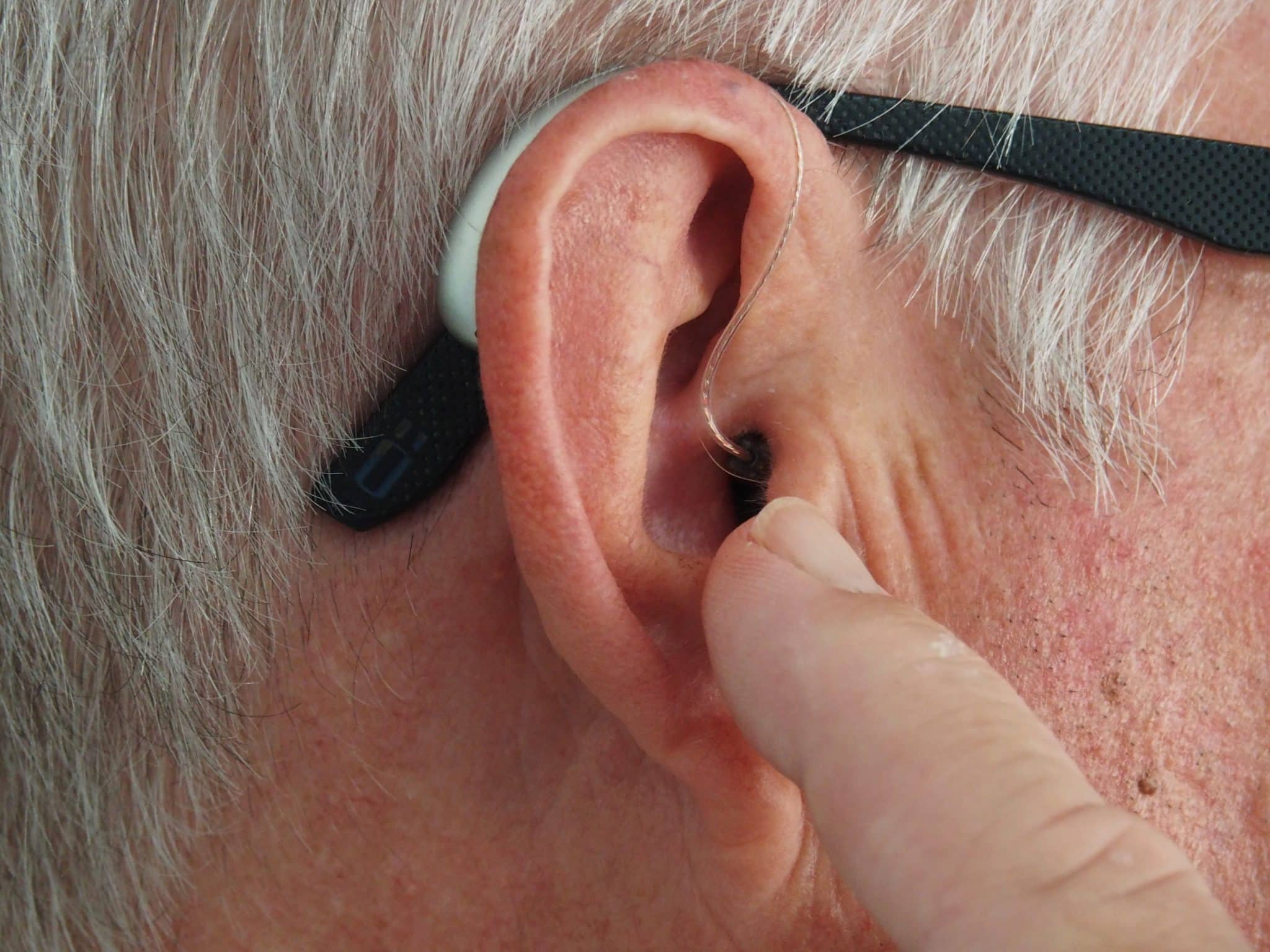
New research has shown that hearing loss is affecting people at younger ages. Find out how you can stay protected!
Hearing Loss in Adolescents
New
research from the Journal of the American Medical Association has discovered that American adolescents aged 12 to 19 have experienced increased incidences of
hearing loss.
Hearing loss reports for this age group have jumped from 14.9% in the years 1988-1994 to 19.5% in the years 2005-2006.
Hearing Loss and Protection for All Ages
However, current headphones usually penetrate deep into the ear canal and therefore the inner ear is exposed to a higher percentage of noise.
Sheldon reports that the volume of some devices can damage ears, with pediatrician Dr. Laura Weidenfeld adding that even young children can be susceptible to hearing loss due to toys and rattles that can damage hair cells inside the inner ear.
This new evidence of hearing loss in infants, adolescents, and young adults goes to show that people of all ages can sustain hearing damage from everyday activities. Hearing loss can also be triggered by other factors, including Body Mass Index (BMI) and prescription drug use.
You can protect your hearing by taking a few
precautions. These precautions include:
1. Wearing earplugs or earmuffs in extremely noisy environments; a person can receive significant and extensive hearing damage when he or she is exposed to loud noises for an extended period of time.
Staying away from amplifiers during musical performances and wearing earplugs or earmuffs that can insulate against the noise are good safety measures for
protecting your ears.
2. Taking 15-minute breaks in between loud noises; Sounds that are measured at 100
decibels (the same noise level as a motorcycle, jackhammer, or garbage truck) can prove to be dangerous if the exposure lasts for over 15 minutes.
You should take short breaks in between exposures to high-volume environments.
3. Proper diet and exercise; Recent studies have shown that
women with a BMI of 25 or higher are at an increased risk for hearing loss. Women with a BMI greater than or equal to 40 are at the greatest risk for hearing loss. Excess weight may limit blood supply to the
cochlea, which is necessary for functional hearing.
4. Discriminating between different kinds of therapeutic drugs; Drugs like
cisplatin and aminoglycoside antibiotics are ototoxic, meaning they can be harmful to the inner ear. Speak with your doctor about the side effects and alternatives of ototoxic drugs.
Taking preemptive measures to protect your ears can significantly decrease your risk for hearing loss and disorders related to hearing loss, such as
dementia and
depression.
by Aaron Rodriques
 New research has shown that hearing loss is affecting people at younger ages. Find out how you can stay protected!
New research has shown that hearing loss is affecting people at younger ages. Find out how you can stay protected!
 New research has shown that hearing loss is affecting people at younger ages. Find out how you can stay protected!
New research has shown that hearing loss is affecting people at younger ages. Find out how you can stay protected!




